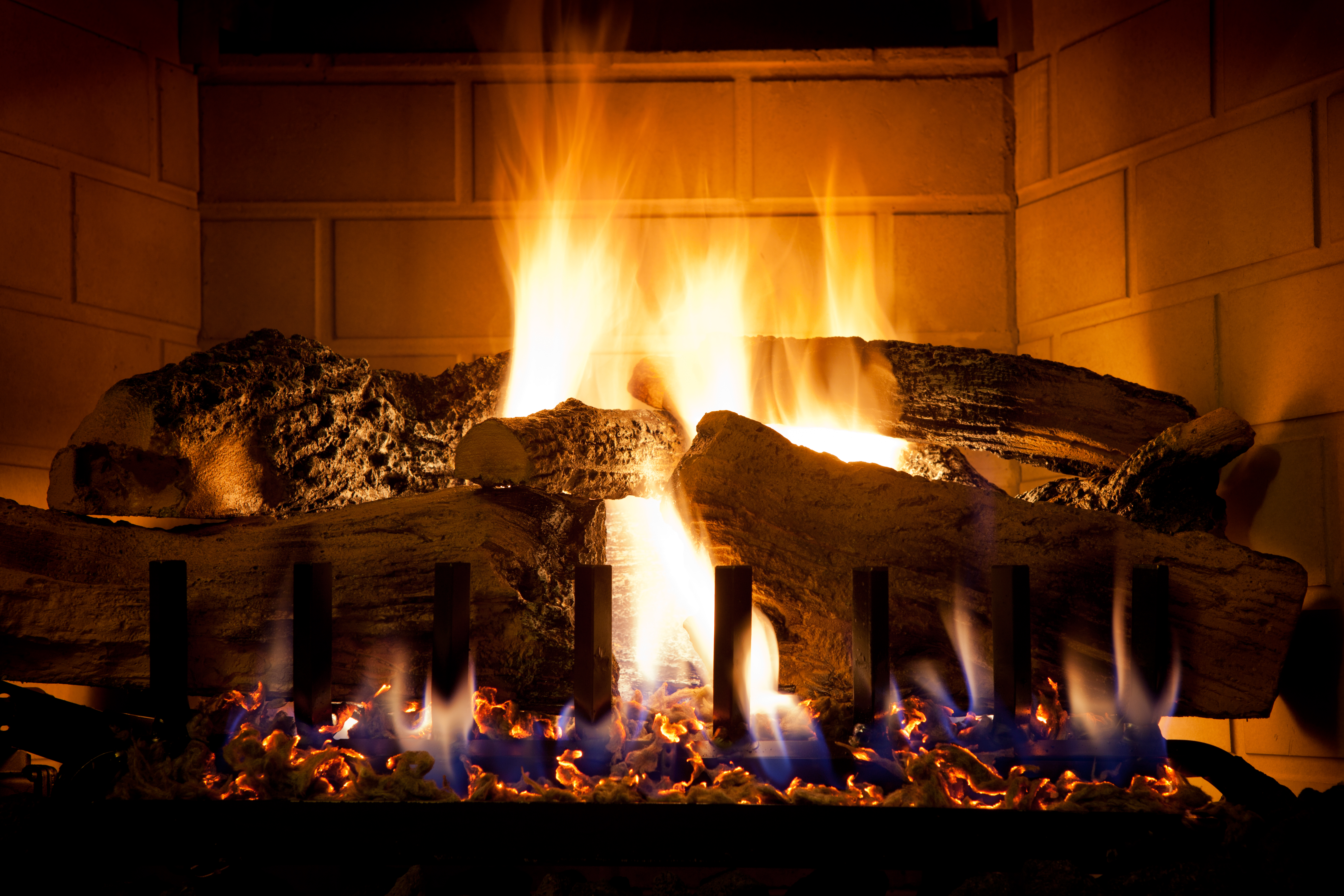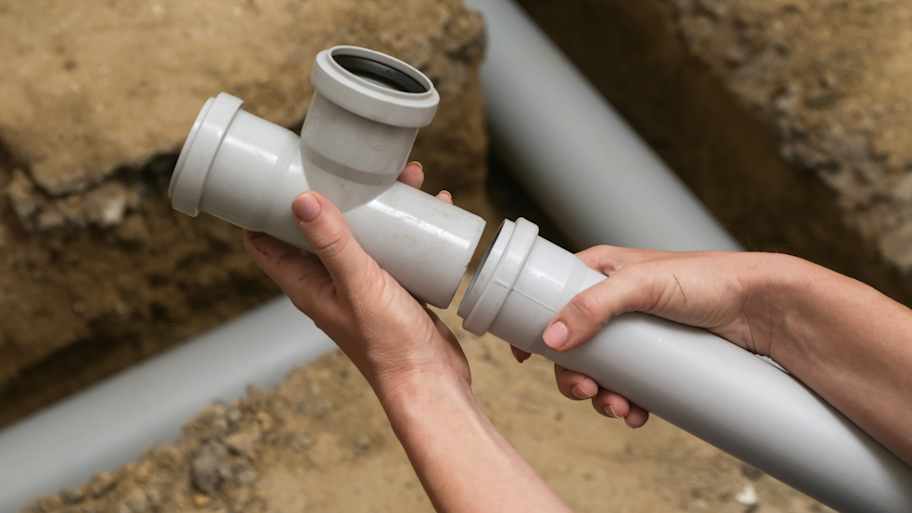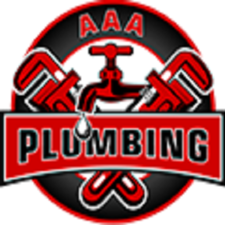
Get matched with top gas log pros in Saint Jo, TX
Enter your ZIP and get matched with up to 5 pros
Need a pro for your gas log service project in Saint Jo, TX?
Verified Reviews for Gas Log Service pros in Saint Jo, TX
*The Angi rating for Gas Log Service companies in Saint Jo, TX is a rating based on verified reviews from our community of homeowners who have used these pros to meet their Gas Log Service needs.
*The HomeAdvisor rating for Gas Log Service companies in Saint Jo, TX is a rating based on verified reviews from our community of homeowners who have used these pros to meet their Gas Log Service needs.
Last update on November 17, 2025
Find Gas log pros in Saint Jo
Wright's Air Conditioning, Inc.
Wright's Air Conditioning, Inc.
We are the oldest, most widely used business of this type in The Hunt County area. We have been providing quality service and installations for residential and commercial applications since 1945. Our customers always come first. 2015 will mark our 70th consecutive year in business.
We are the oldest, most widely used business of this type in The Hunt County area. We have been providing quality service and installations for residential and commercial applications since 1945. Our customers always come first. 2015 will mark our 70th consecutive year in business.
Hooten's Hardware
Hooten's Hardware
Special financing on Toro lawn products. Sales and service on Toro, Echo, Stihl, and Husqvarna. Master Case knife dealer - over 750 Case knives in stock
Special financing on Toro lawn products. Sales and service on Toro, Echo, Stihl, and Husqvarna. Master Case knife dealer - over 750 Case knives in stock
The homeowners guide to home care is here
From average costs to expert advice, get all the answers you need to get your job done.

Making updates to your home? You may need to move your gas line to fuel new appliances or meet code regulations. We’ll cover the cost of moving a gas line, plus project tips.

Repairing a main water line is an urgent matter, so use this guide to get an idea of how much main water line repairs cost to act fast.

Everyone can relate to having toilet issues—we’ve all been there. There are several reasons why your toilet might need repairs, and the cost varies based on the damage.

Range hood dripping water? You may have damaged flappers or need more insulation. Find out what’s causing the problem and call the right professional to fix it.

Touchless faucets offer benefits like saving water, avoiding germs, and simplifying cleanup. Learn the top benefits of hands-free faucets and decide whether to switch.

Not sure what PVC pipe size is right for your plumbing project? Learn about common sizes and how to choose the right one for the job and code requirements.
- Muenster, TX Gas log pros
- Lindsay, TX Gas log pros
- Bowie, TX Gas log pros
- Sunset, TX Gas log pros
- Gainesville, TX Gas log pros
- Alvord, TX Gas log pros
- Valley View, TX Gas log pros
- Chico, TX Gas log pros
- Sanger, TX Gas log pros
- Decatur, TX Gas log pros
- Krum, TX Gas log pros
- Whitesboro, TX Gas log pros
- Collinsville, TX Gas log pros
- Ponder, TX Gas log pros
- Boyd, TX Gas log pros
- Pilot Point, TX Gas log pros
- Tioga, TX Gas log pros
- Runaway Bay, TX Gas log pros
- Bridgeport, TX Gas log pros
- Aubrey, TX Gas log pros
- Window Cleaning in Saint Jo
- Snow Removal in Saint Jo
- House Cleaning in Saint Jo
- Lawn Mower Repair in Saint Jo
- Trampoline Assembly in Saint Jo
- Sink Installation in Saint Jo
- Plumbing in Saint Jo
- Electrical in Saint Jo
- Handyman Service in Saint Jo
- Landscaping in Saint Jo
- Roofing in Saint Jo
- Locksmiths in Saint Jo
- Hvac in Saint Jo
- Lawn Care in Saint Jo
- Air Duct Cleaning in Saint Jo
- Painting in Saint Jo
- Appliance Repair in Saint Jo
- Lawn And Yard Work in Saint Jo
- Interior Painting in Saint Jo
- Ev Charger Installer in Saint Jo
- Drain Cleaning in Saint Jo
- Contractor in Saint Jo
- Gutter Cleaning in Saint Jo
- Pressure Washing in Saint Jo
- Boiler Repair in Saint Jo
- Flooring in Saint Jo
- Exterior Painting in Saint Jo
- Foundation Repair in Saint Jo
- 🌱 "Mow a small front yard"
- 🛠 "Fix a leaking pipe under the sink"
- 🏠 "Repair shingles on an asphalt roof"





